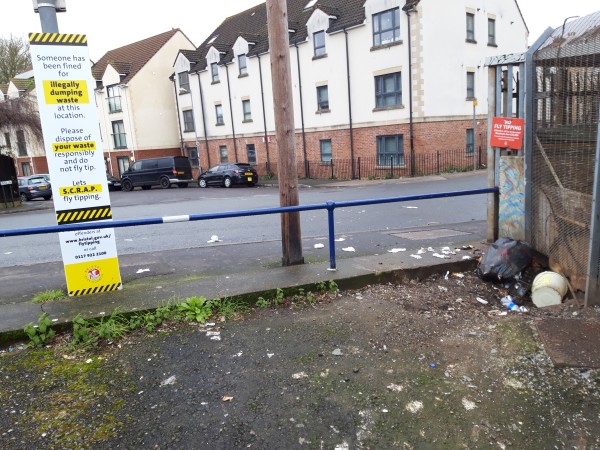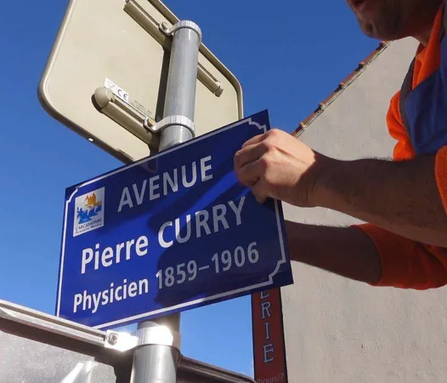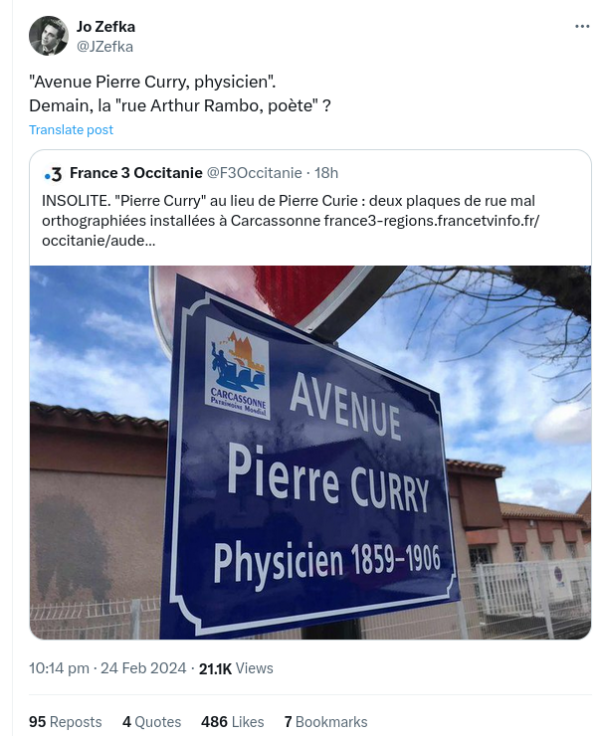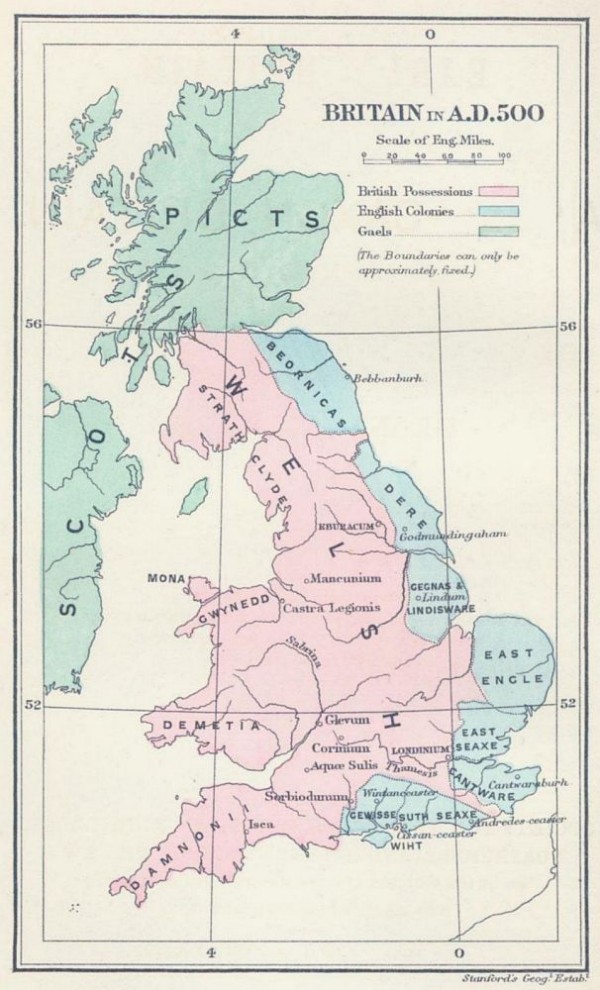Total failure for Bristol City Council campaign
Rather than waste sending any officers out from their cosy bolt-holes in the Counts Louse, Bristol City Council – along with their colleagues in the Avon and Somerset Constabulary – favours a policy of legal enforcement by public notice.
This has been applied in recent years to the authority’s duties under the Environmental Protection Act covering littering, fly-tipping (posts passim) and the like.
In recent months, the fly-tipping hotspots of Easton and Lawrence Hill wards have been subjected to not one, but two rounds of public notices being added to the already cluttered and confusing street scene: the first consisting of the well-known red NO FLYTIPPING [sic] signs which long been known to be totally ineffective; and the second consisting of the newer so-called lamp post wraps as shown in the photograph below which was taken in Ducie Road in Barton Hill this morning.

Note also the large volume of litter between both signs.
The lamp post wrap informs anyone who cares to read it that someone has recently been penalised fort dumping rubbish here. Between it and the traditional red sign, are a black waste sack and a catering size white plastic tub in the corner of the city council’s public car park in Ducie Road.
A couple of conclusions may be drawn from the above picture, as follows:
- Enforcement by signage is not effective against fly-tipping; and
- The city’s fly-tippers are either illiterate or don’t bother reading materials meant to dissuade them; or
- They consider their chances of being penalised by a local authority constantly pleading poverty and cutting staff numbers are so close to zero that they can be discounted.
Just around the corner from Ducie Road, there’s another lamp post wrap on the bridge carrying the A420 over the railway line at Lawrence Hill. It too has been remarkably ineffective at preventing fly-tipping by the 1600 litre general waste bin that shares the railway bridge’s footway.
As a footnote, your ‘umble scribe did take the time and effort to report the incident mentioned above.



 The French city of
The French city of  One of those luminaries so honoured in Carcassonne is the physicist Pierre Curie (1859-1906) In 1903, Pierre was awarded the Nobel Prize for Physics along with his wife,
One of those luminaries so honoured in Carcassonne is the physicist Pierre Curie (1859-1906) In 1903, Pierre was awarded the Nobel Prize for Physics along with his wife, 






 A couple from the
A couple from the 